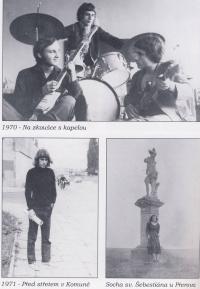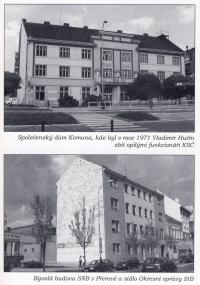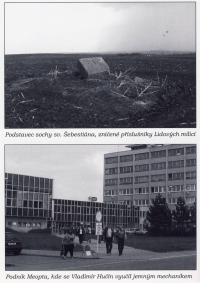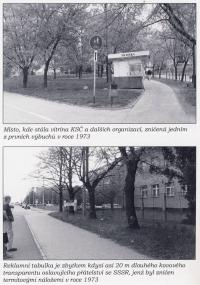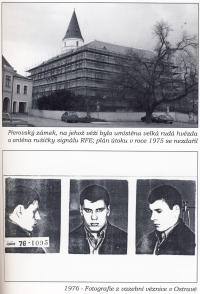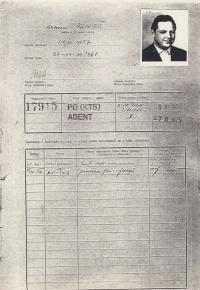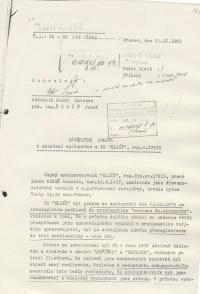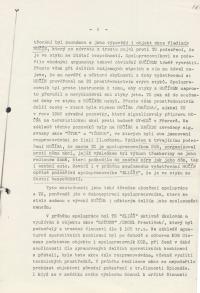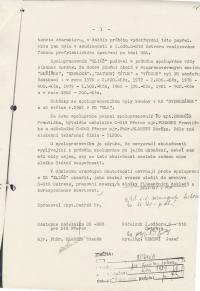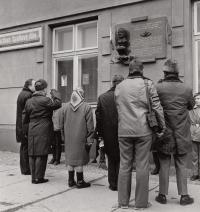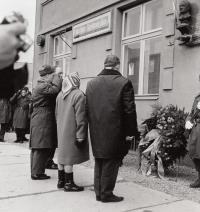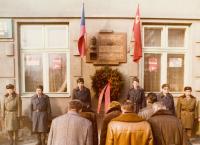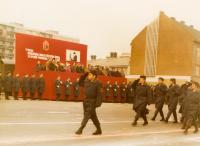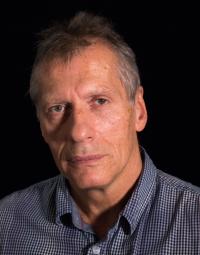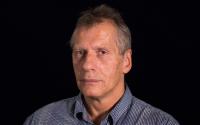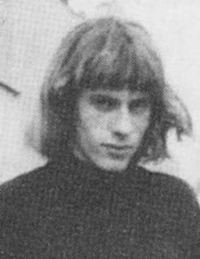If I exaggerate a little, I can say that for me, the third resistance has not yet finished

Download image
Vladimír Hučín was born on May 25, 1952 in Zlín. His father Vladimír Hučín came from Přerov and he worked in the Meopta company as a designer. His mother was an elementary school teacher. Vladimír learnt the mechanic’s trade. As a young man he refused to become a member of the Socialist Union of Youth (SSM). As he says, he became a sworn enemy of the communist regime in 1971 after an incident in a pub which involved Party members who were celebrating the 50th anniversary of the establishment of the Communist Party. Vladimír was disseminating posters aimed against the regime and later he stepped up his anti-regime activities even further. Using small explosive charges, he was destroying communist propaganda on notice boards and sabotaging events organized by the communist regime. Vladimír was under the surveillance of the StB and he was interrogated repeatedly. In 1976 he was arrested and he spent one year in pre-trial detention. He was sentenced to nine months with a postponed sentence for two-and-a-half year trial period. After an attack on a house of an StB informer in 1983 he was convicted and sentenced to two and a half years of imprisonment. Shortly after his release in 1986 he signed Charter 77. After the Velvet Revolution he began working for the Olomouc department of the FBIS (present-day BIS: Security Information Service). In 1997-2001, a total of six bomb attacks took place in the area of Přerov and Olomouc, and Vladimír Hučín was charged with the act. The court trial was not public. The District Court in Přerov acquitted him in 2005, and the verdict was confirmed a year later by the Regional Court in Ostrava.
